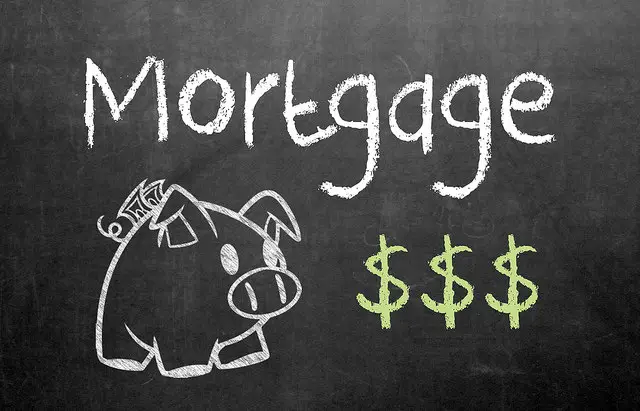 There are both good and bad reasons why homeowners should – or should not – refinance their mortgage. With that in mind, let’s discuss some of the biggest mortgage refinancing pros and cons.
There are both good and bad reasons why homeowners should – or should not – refinance their mortgage. With that in mind, let’s discuss some of the biggest mortgage refinancing pros and cons.
Here are a few of the most common reasons why mortgage refinancing makes sense:
Home equity access.
Homeowners who have a lot of equity in their home can do this via a cash-back refinance.
Lower payments.
The most common way to do this is by refinancing into a loan with a lower interest rate, or a longer loan term while avoiding the temptation to tap your equity.
PMI elimination.
Refinancing may make it easier for some borrowers to cancel their private mortgage insurance.
ARM conversions.
Mortgage holders who are expecting an upward ARM interest rate adjustment often refinance to get a loan with a lower rate. They may also convert to a fixed-rate loan so they’ll have a more predictable payment.
Loan consolidation.
Some homebuyers with a first and second mortgage often refinance to make their payments easier to manage.
On the other hand, you probably shouldn’t refinance if:
Your current mortgage has a prepayment penalty.
If you’re financing with the same mortgage company, however, this fee can often be waived.
You plan to sell your home in the near future.
In most cases, the savings gained from realized lower monthly payments are not enough to overcome refinancing costs.
You’ve had your existing mortgage for many years.
This is because most of your mortgage payment at the back-end of the loan goes toward the principal, which increases your equity faster.
***
Readers: This is article 15 of 25 from my no-nonsense “Mortgage Basics” quick-reference series.
Photo Credit: GotCredit

Question of the Week